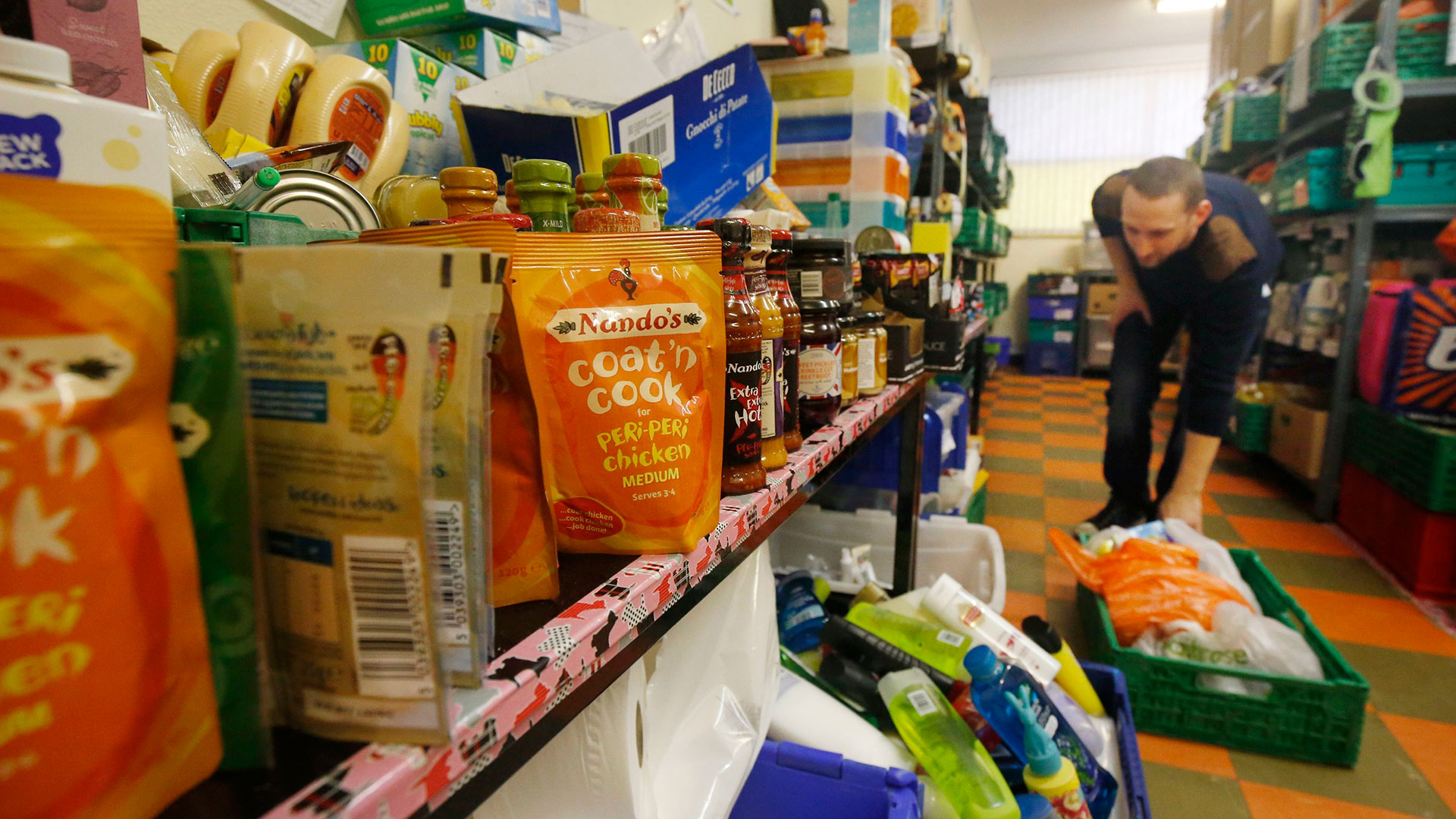Introduced after the 2010 General Election, austerity was described as an economic necessity by Conservative ministers, although many of us believe it was a conscious political choice.
Chancellor George Osborne suggested that we were ‘all in this together’ but over the last ten years some groups have been hurt much more than others – women, single parents, people with disabilities, Black and Asian Britons and people already living in poverty have been hit hardest by austerity age policies.
Archbishop of Canterbury, Justin Welby – who worked in Coventry for several years – noted in 2018: “Austerity is a theory for the rich but daily reality for the poor.” Poverty damages us, our relationships, our health, our future, our community.
Our Life on the Breadline case studies are exploring the many different faces of poverty in breadline Britain. As we work alongside Churches and Christian NGOs across urban Britain we are encountering food poverty, holiday hunger, housing that is unfit for human habitation, fuel poverty, low pay, a growth in serious youth violence in communities scarred by spending cuts, a rise in rough sleeping, homelessness and spiralling personal debt.
It has become clear that churches are in the vanguard of the struggle to defeat austerity age poverty because of their roots in local communities up and down the land. The big question, therefore, is, what are churches doing with their agency and is it enough to tackle the structural causes of deep-rooted poverty?’
There are two overlapping approaches to Christian action on contemporary poverty. The most common approach adopts what we could call a ‘caring’ model. Shaped by an ethic of social responsibility and a commitment to loving our neighbour this charity-focused approach seeks to meet individual need and is seen in the foodbank, the children’s breakfast club, the shelter for the homeless and the soup run.
The second approach moves beyond bandaging up of the wounds of the broken to ‘campaign’ for social justice and structural economic change. Influenced by liberation theology, this tradition of activism argues that in an unjust society, God necessarily has a bias to the poor because inequality contradicts the will of a Creator who made all people in the divine image.
Campaigns for a living wage, for housing justice, changes to Universal Credit, the reversal of the current benefits freeze and a fairer tax system are examples of this approach in action. In Life on the Breadline we are exploring examples of these two traditions of Christian activism so we can better understand how effective they might be in defeating ingrained austerity-age poverty.
The pioneer of Peace Studies, Johann Galtung talked about the need to build ‘positive peace’ – not just an absence of violence but peaceful communities characterised by inclusion, social justice, fairness and equality.
The Life on the Breadline team are committed to research that can support grassroots activists as they seek to ‘transform structural injustice’ as a first step towards building peaceful communities up and down the UK.
The RISING Global Peace Forum, a partnership between Coventry University, represented by the Centre for Trust, Peace and Social Relations, Coventry Cathedral and Coventry City Council, will be held at Coventry Cathedral from November 13 to 15 and is free to attend. Click here for more information and to register to attend
Chris Shannahan is Lead Researcher on ‘Life on the Breadline’, from the Centre for Trust, Peace and Social Relations










